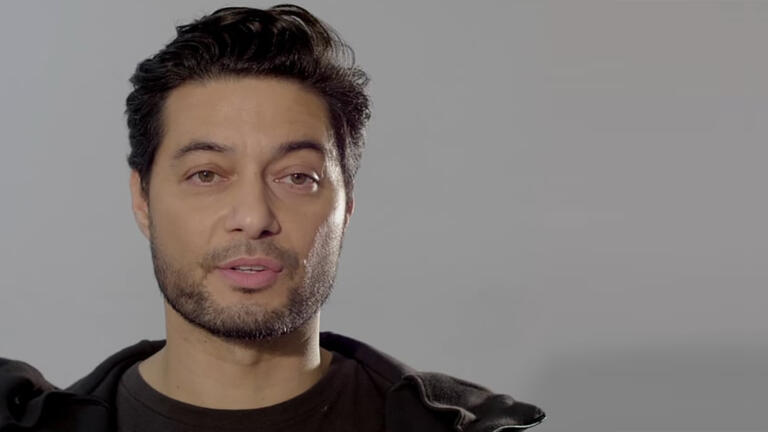Dance Captain
Role
A Dance Captain is a member of the company responsible for overseeing and maintaining the artistic standards of all choreography and musical staging within a production. They work closely with the Associate Director and/or the Stage Manager to communicate and preserve the artistic vision of the Creative Team.
Responsibilities
- Learn all choreography and musical staging
- Assist auditions for new company members
- Teach choreography
- Lead dance rehearsals with understudies/swings
- Review all choreography, give notes and schedule additional rehearsals in liaison with the Stage Manager
- Assist in the assignment of understudies and swings to cover choreography in the event of company absences, updating the whole company
- Rehearse replacement company members with partners, especially when staging requires rehearsal to ensure safety – e.g. lifts
- Re-space musical staging if there are absences, ensuring positions are covered with minimal gaps
- If the Dance Captain is also a swing, they may need to replace a company member who’s absent or injured, sometimes at very short notice
- Keep record of all changes, informing the Stage Manager of additional duties so company members’ pay is calculated accurately
Key Skills
Training
Dance training is widely available in colleges, drama schools and universities, many offering both full and part-time courses. Some courses are exclusively focused on dance while others include it within a broader training programme, such as for Musical Theatre. Entry is by audition with successful applicants demonstrating a passion for dance and a solid technical base.
Courses
Other courses are available. Those above represent a sample from various colleges, drama schools and universities.
Further Reading
- Being a Dancer: Advice from Dancers and Choreographers by Lyndsey Winship, 2015
- The Intimate Act of Choreography by Lynne Anne Blom, 1982
